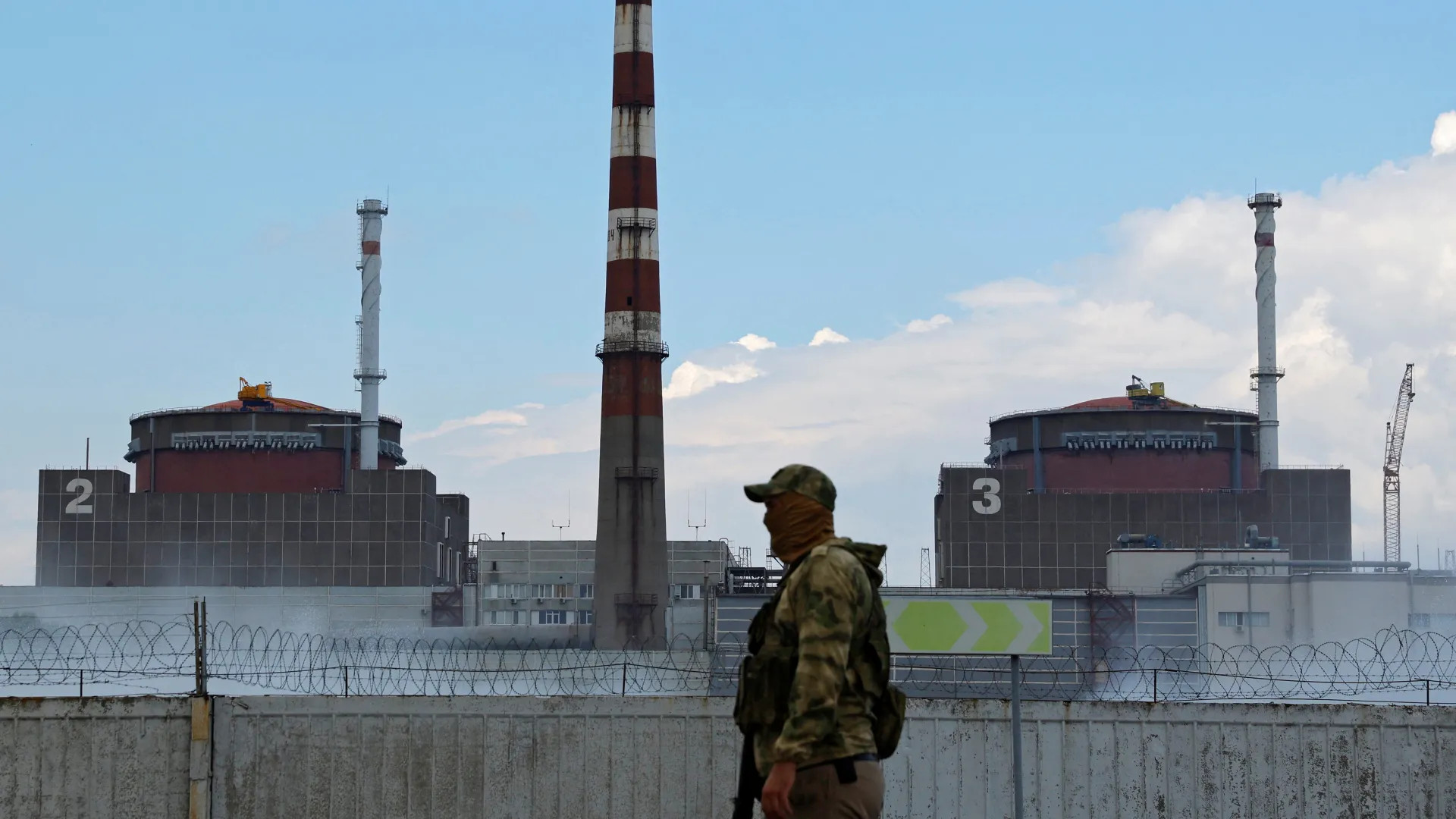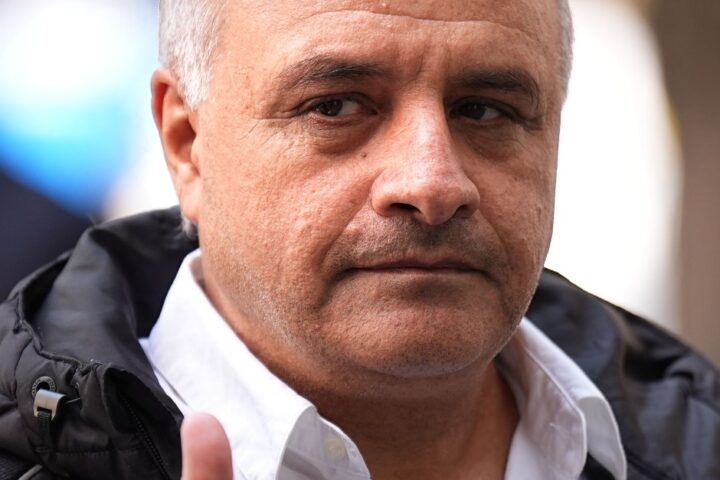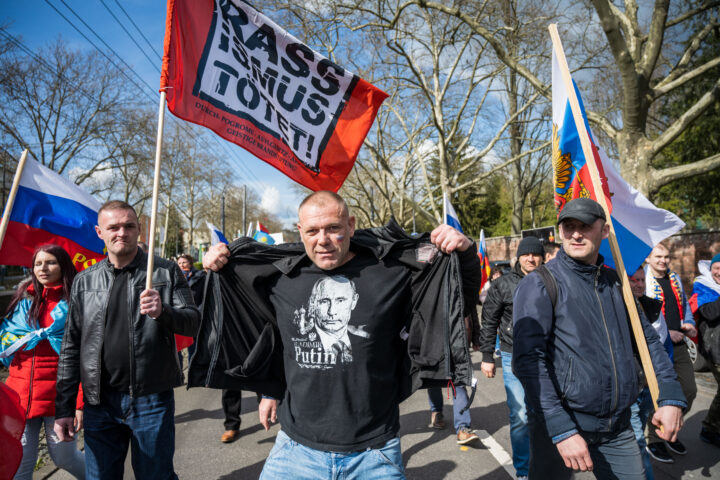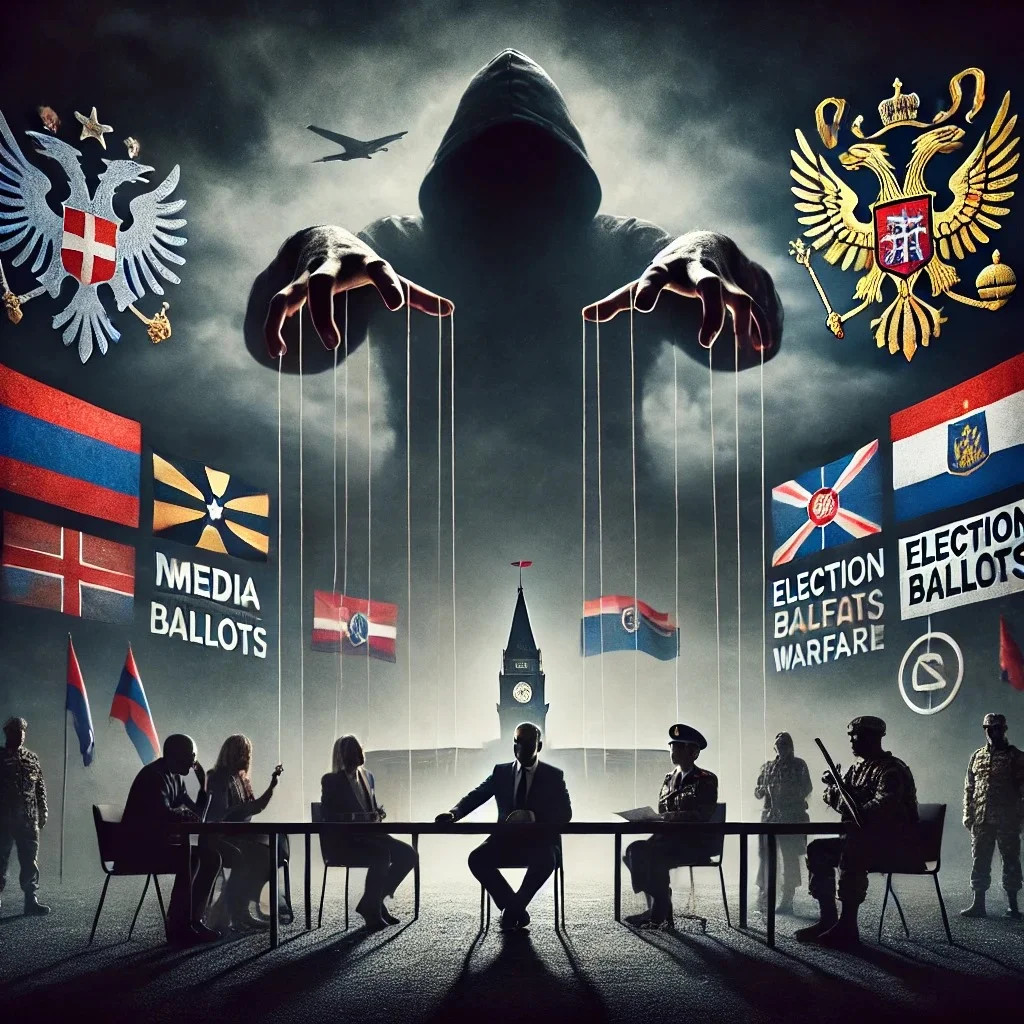Europe’s largest nuclear facility, the Zaporizhzhia Nuclear Power Plant (ZNPP), has been cut off from Ukraine’s power grid for the eighth consecutive day, relying solely on emergency diesel generators in what experts warn is an unprecedented and deeply alarming situation. The plant, under Russian military occupation since 2022, is operating in conditions that nuclear regulators describe as a “ticking time bomb,” raising urgent concerns for regional and global security.
Nuclear safety at stake under Russian occupation
The current emergency highlights the fragility of global nuclear safety during wartime. Moscow’s actions are seen as violations of international law, including nuclear safety conventions, while turning the ZNPP into a tool of political blackmail rather than an energy source. For the first time in history, an active nuclear plant is being used as leverage in armed conflict, creating what international observers describe as a dangerous precedent with potentially catastrophic consequences.
Mounting risks as fuel supplies dwindle
Operating on backup power for more than a week has no parallel in the nuclear industry. Reports suggest at least one generator has already failed, while Russian forces are blocking repairs to the damaged power lines. If the remaining diesel units break down or fuel stocks are depleted, the plant’s cooling systems for reactors and spent nuclear fuel could falter, sharply escalating the risk of a nuclear accident. Continuous access to external electricity is considered a cornerstone of nuclear safety.
Russia informed the International Atomic Energy Agency (IAEA) in July that fuel reserves at ZNPP would last 20 days. However, current levels remain uncertain, leaving critical safety systems in jeopardy. According to IAEA data, a 750 kV power line was damaged just 1.5 kilometers from the station—an area fully controlled by Russian forces. This makes repairs possible only with Moscow’s approval, which so far has not been granted.
Escalating nuclear blackmail and global response
By holding the Zaporizhzhia plant hostage, Russia has elevated state terrorism to a new level, threatening nuclear catastrophe well beyond Ukraine’s borders. No country has previously occupied and militarized an operating nuclear facility. The lack of a strong international reaction, analysts warn, undermines the credibility of existing nuclear safety regimes and international conventions.
Russia continues to exploit international mechanisms, simulating cooperation with the IAEA while simultaneously obstructing power restoration and carrying out strikes in the region. Its disregard for international rulings and norms erodes the authority of global security structures and underscores the need for stronger, more effective international action.










